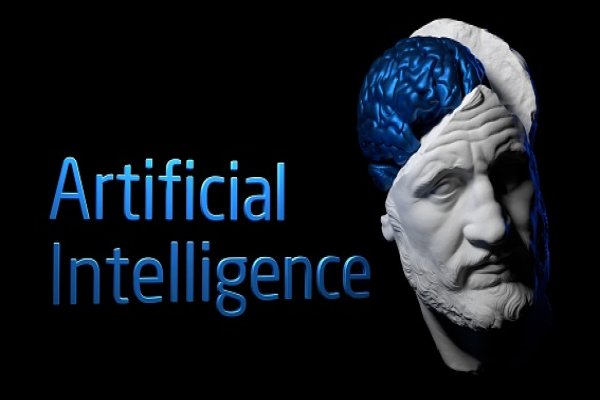Investing in the future of technology is becoming increasingly popular, and with the rapid advancement of Artificial Intelligence (AI), many people are now wondering if they can invest in OpenAI. OpenAI is a cutting-edge AI research lab at the forefront of this rapidly growing field, and its work is making a major impact on the world.
Whether you are a seasoned investor or just starting to explore the world of investing, this blog post will help you understand the Key takeaways and The impact of ChatGPT in OpenAI and provide some tips on getting started. So, let’s dive in and discover the exciting world of Artificial Intelligence investing.
Key Takeaways
- OpenAI is a research organization that seeks to create beneficial Artificial Intelligence for the benefit of humankind.
- The firm is currently not accessible to the public, and no stocks are offered for sale.
- Investing in Microsoft shares could be a good way to gain exposure to OpenAI, an emerging technology, without directly investing in it.
Investors are eager to invest in businesses related to artificial intelligence (AI), anticipating that their portfolios will reap returns as AI’s role in our lives increases. AI is anticipated to greatly impact various industries, like digital art, education, and online written content.
The release of ChatGPT in November 2022 has attracted a lot of attention, leading many to wonder if they can invest in Open AI, the firm behind this revolutionary chatbot. This article will explain what potential investors need to be aware of.
If you wish to venture into Artificial Intelligence investments akin to ChatGPT, the Emerging Tech Kit from Q.ai is a great starting point. Begin your AI journey by downloading Q.ai here.
What Is OpenAI?
In 2015, Sam Altman and Elon Musk joined forces with other like-minded individuals to create OpenAI, an artificial intelligence research company. Its mission is to develop digital intelligence that will benefit the entire world.
Between 2018 and 2020, OpenAI developed three GPT language models to respond to questions in a conversational style. These models were all generative pre-trained transformers.
At the end of November 2022, OpenAI previewed a new AI chatbot based on a more refined version of GPT-3, GPT-3.5.
Media coverage of ChatGPT, a chatbot powered by artificial intelligence capable of imitating human speech, has been rampant as people become accustomed to the concept.
Exploring The Impact Of ChatGPT On Automated Writing Solutions
Google saw ChatGPT as a serious threat to their search engine business, leading them to declare a “code red” in response. This powerful chatbot caused quite a stir in multiple industries and has even drawn the attention of major companies like Google – who were determined to protect their $149 billion enterprise.
ChatGPT is distinct from Google in that it gives users prompt replies to their inquiries, regardless of whether they’re uncomplicated or intricate. With Google, searches will yield connections to other web pages, necessitating users to search more thoroughly for the answers they need.
There is much discussion surrounding the reliability of ChatGPT, with some people pointing out that it only sometimes responds correctly to certain questions.
The rise of ChatGPT has affected the educational realm, with some students using it to help them with their studies. While some appreciate this new resource, others have voiced worries that it may lead to plagiarism because students can use its output in their essays or other written works, such as poems.
Anxieties similar to those expressed about OpenAI’s product, DALL·E 2, were also voiced. This technology is a generative AI that can create images from user text inputs—rom text inputs given by users.
A discussion has arisen over whether OpenAI’s training of DALL·E 2 with data from actual artists infringes upon their copyright or serves as a source of inspiration.
No matter what your thoughts are concerning these matters, it is clear that Artificial Intelligence will become increasingly more prevalent in our lives, impacting everything from web content generation to medical care.
Investing In OpenAI: What You Need To Know
The simple answer to this query is a negative one. At present, OpenAI is an organization that operates behind closed doors and has yet to go public with its Initial Public Offering (IPO). Consequently, the general public cannot buy shares of the company.
OpenAI Inc., which began as a non-profit research laboratory, is now the major shareholder of the for-profit OpenAI. The organization started with a charitable purpose but has since transitioned to commercial operations.
Investing in OpenAI is a unique opportunity to join the rapidly growing field of Artificial Intelligence. While investing in OpenAI can be a challenge, it is worth considering if you want to diversify your portfolio and take advantage of the exciting potential of this technology.
As with any investment, it’s important to do your due diligence and consider the risks and benefits before deciding. Whether you’re an experienced investor or just starting, learning about OpenAI and the AI industry is important in making informed investment decisions.
Source: Forbes



